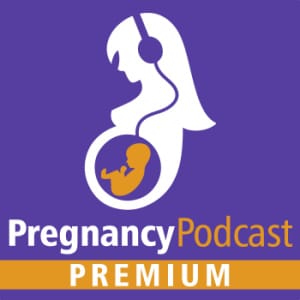Overview
You have several options during your pregnancy when it comes to testing for chromosome abnormalities in your baby. The most common non-invasive screening tests are the first-trimester screen and quad screen and these have been offered to all pregnant women for many years. With better technology comes more options for testing, especially when it comes to examining DNA. The cfDNA (cell-free DNA) test, which became available in 2011, is named for the fragments of your baby’s DNA that are freely floating in your bloodstream. This simple blood test from you can test for many more chromosome abnormalities than the traditional screen tests, plus the sex of your baby and their Rh factor. This episode breaks down everything you need to know about the cfDNA or NIPT test compared to other options so you can decide whether to opt into this test and how to understand the results.

